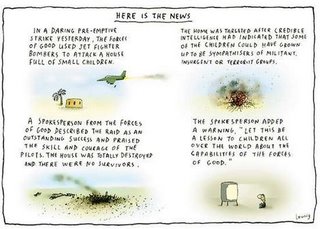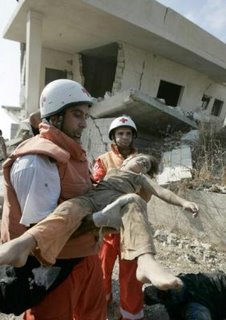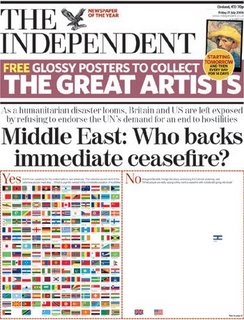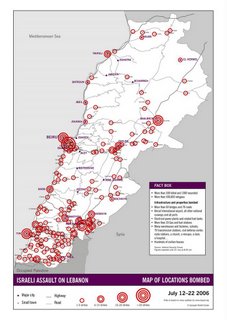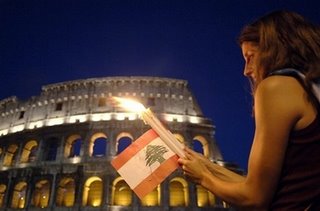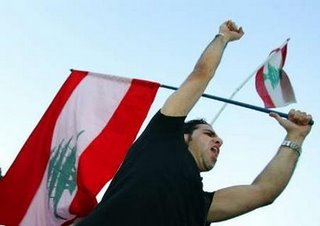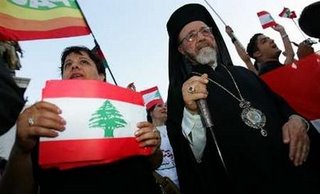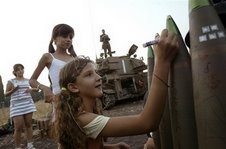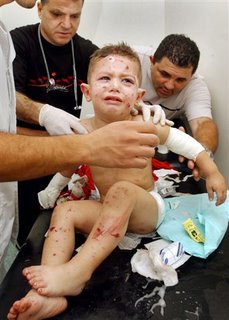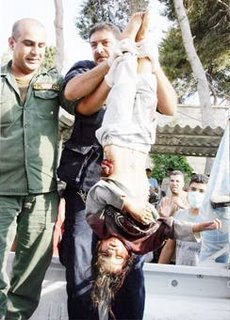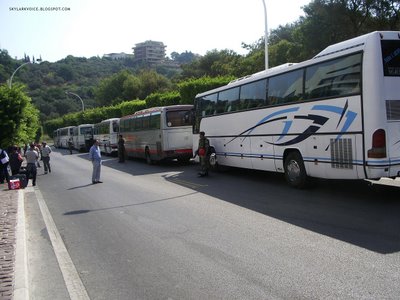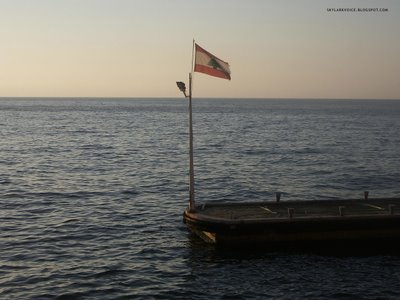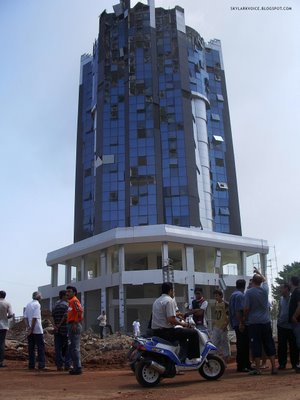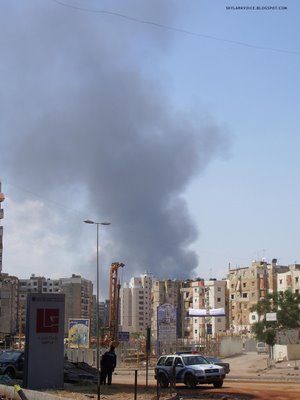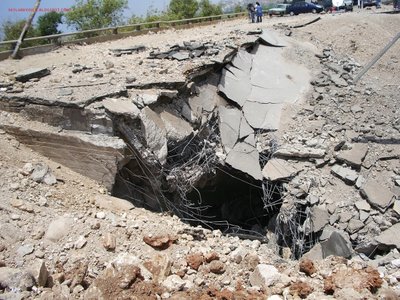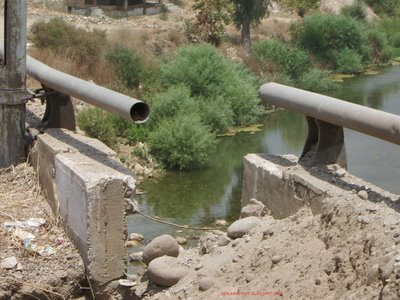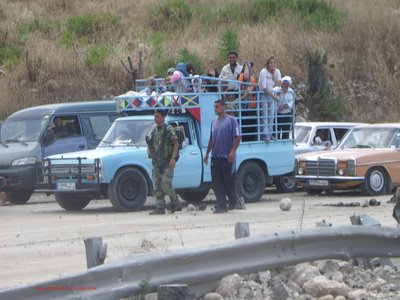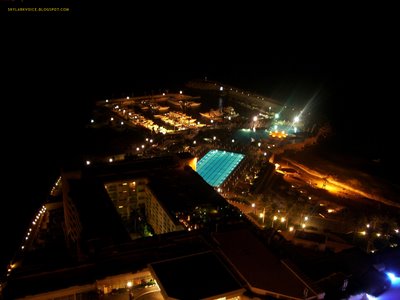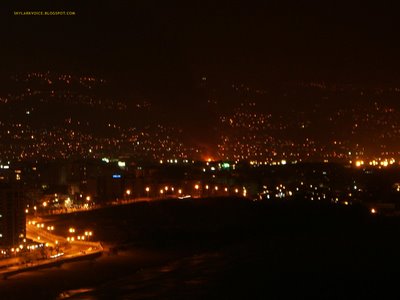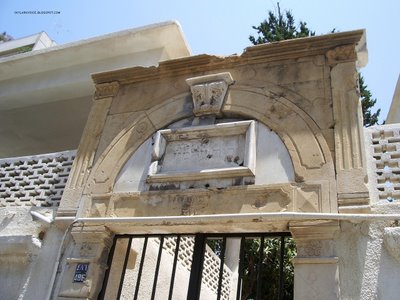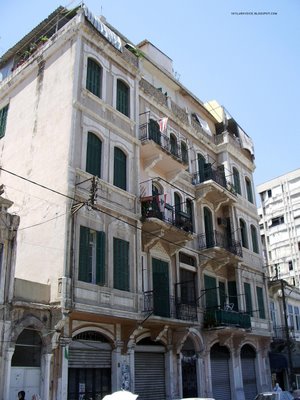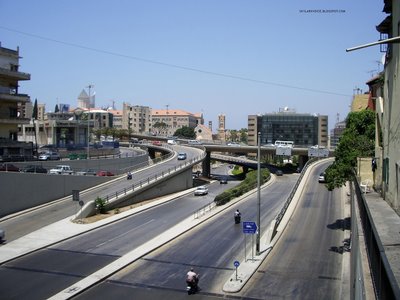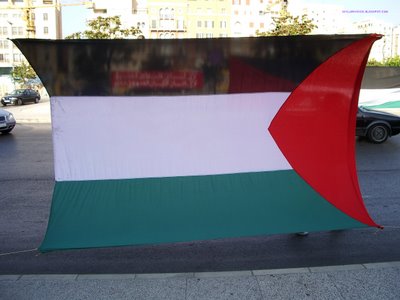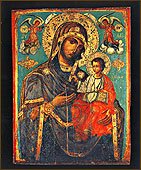"Hawa Bayrut", Fairouz
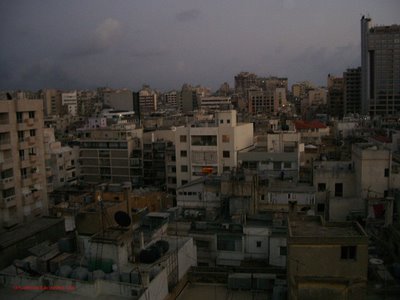

They dimmed the signs
They planted cannons
They mined the squares
Where are you, my love?
After you, my love
We became a love that screams
We became distant.
For the happy days we longed
The happy days of staying out on the road
The long walks
And the rendez-vous at the old restaurant.
O love of Beirut
O love of the days
They will come back, o Beirut
The days will come back.
The second summer has come
The moon is broken
I'll tell you, you're going to forget me
My defeated love
I went back to my house
I didn't find my house
Only smoke and twisted beams
No rose and no fence.
The time that goes by is like the tip of a sword
Under the stars of the night when there's no direction
I'll tell you where are the friends
Where are tears and love.

